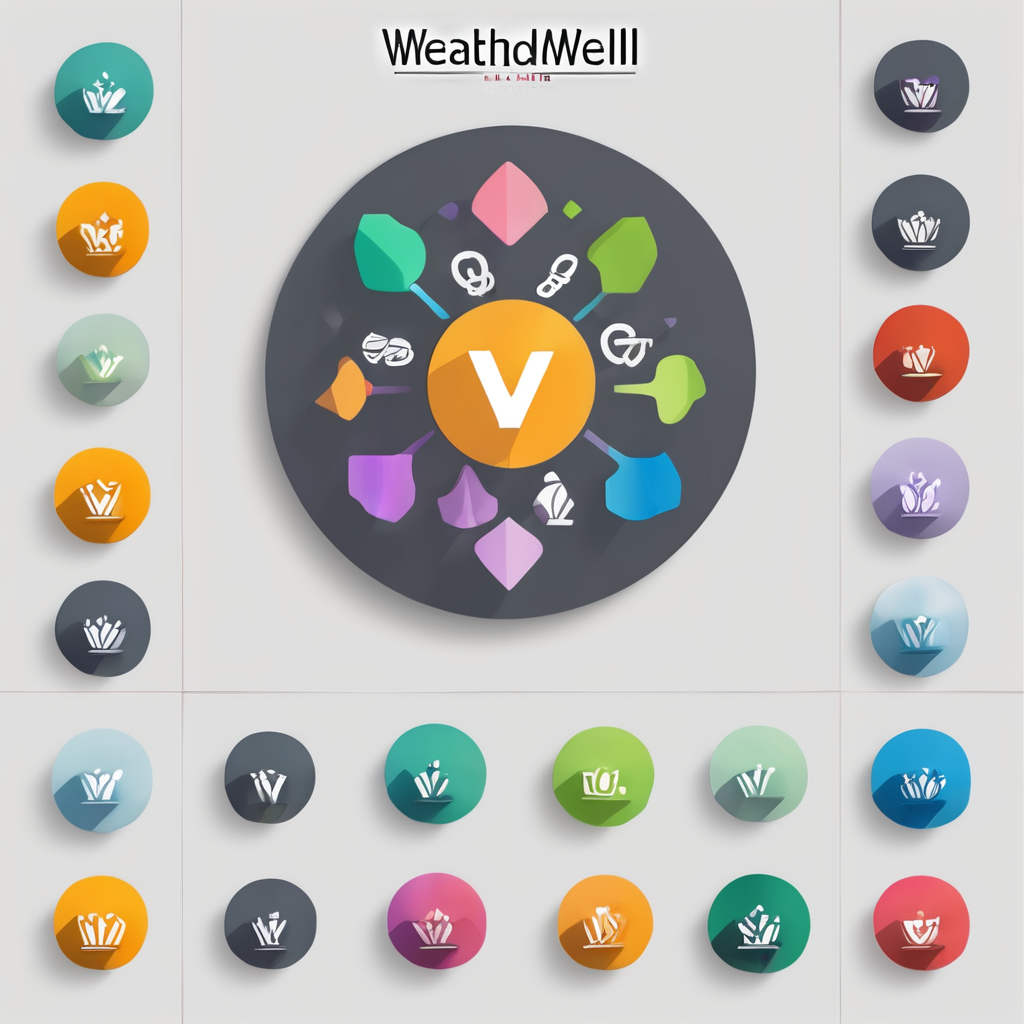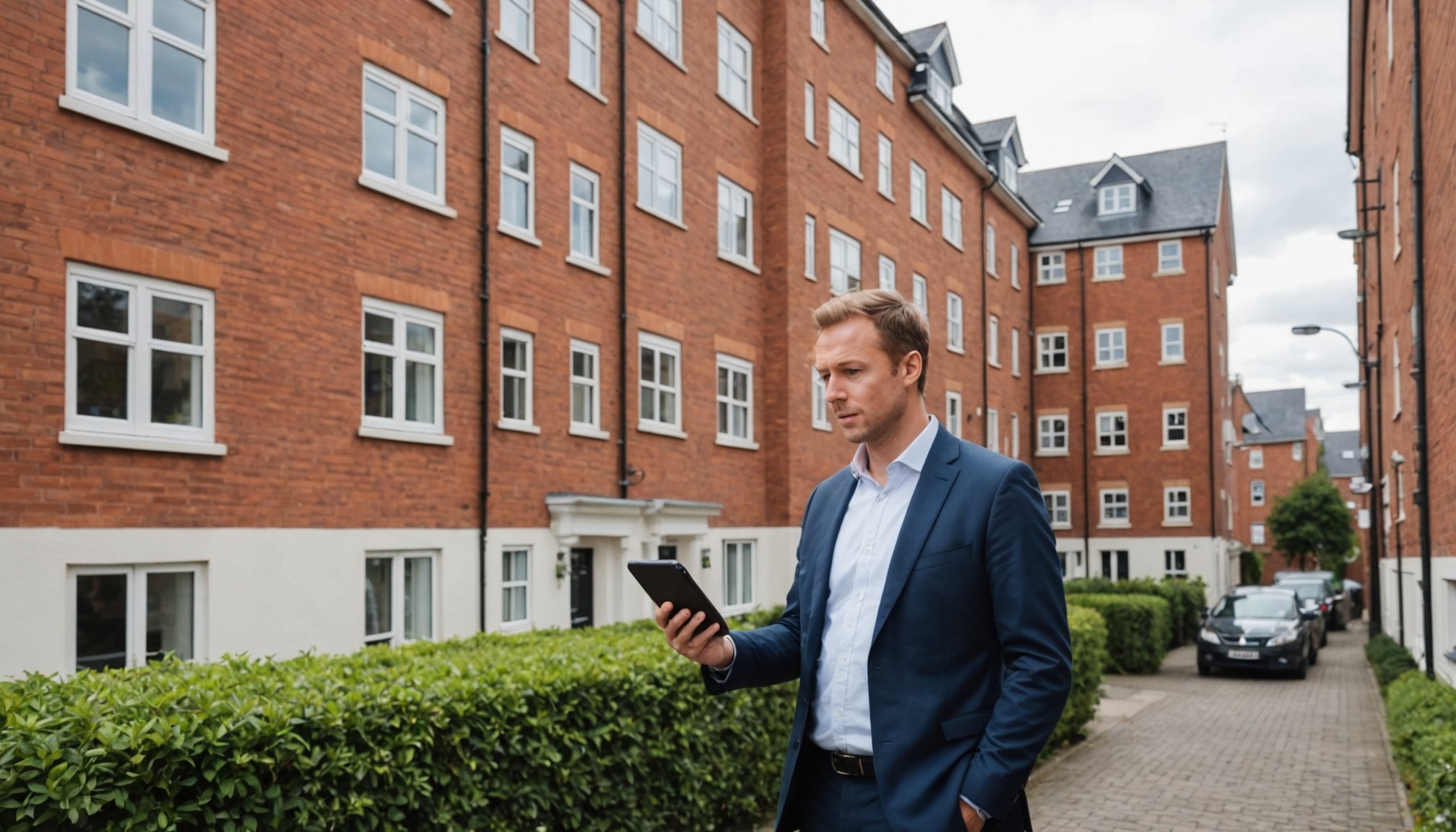In a rapidly changing property landscape, the role of technology in property management has never been more crucial. With rising tenant expectations and the increasing complexity of managing properties, landlords are turning to technology to streamline operations and enhance tenant satisfaction. From smart systems and data-driven insights to robust management software, technology is reshaping how landlords operate. This article will explore various ways technology can boost efficiency in property management, ensuring that landlords can meet and exceed their tenants’ needs.
Understanding the Role of Technology in Property Management
Technology plays a pivotal role in modern property management. It not only simplifies tasks but also enhances communication between landlords and their tenants. In today’s digital age, landlords can leverage various systems and tools that make managing properties more efficient.
In parallel : How can understanding property cycles help in timing your investments?
One of the primary benefits of employing technology in property management is the ability to gather and analyze data in real-time. This data-driven approach allows managers to make informed decisions based on tenant behavior, property performance, and market trends. By utilizing advanced analytics, landlords can predict maintenance needs, optimize rental pricing, and improve tenant retention rates.
Moreover, the integration of smart technology in properties enhances efficiency and provides tenants with added convenience. For instance, smart locks and thermostats enable tenants to control their living environment remotely, which can lead to increased satisfaction and reduced turnover. Additionally, property management software facilitates seamless communication, allowing tenants to report issues instantly. This immediacy in communication not only addresses problems more swiftly but also fosters a sense of community among residents.
Additional reading : How can a financial advisor assist you in navigating UK property investments?
The transition to digital solutions is essential for landlords who wish to remain competitive. As the real estate market evolves, those who adopt innovative tools will undoubtedly find themselves at an advantage.
The Importance of Maintenance Management Software
Maintenance is one of the most critical aspects of property management. Without effective maintenance management, both the property and tenant satisfaction can suffer. This is where maintenance management software comes into play, providing landlords with efficient tools to address maintenance issues proactively.
With a reliable maintenance management system, landlords can track maintenance requests in real-time. Tenants can submit requests through an app or portal, providing details and photographs of the issues they encounter. This system streamlines the communication process, ensuring that no request falls through the cracks. Furthermore, a digital system allows managers to prioritize requests based on urgency, ensuring that critical issues are addressed promptly.
Moreover, maintenance software enables landlords to schedule regular inspections and preventative maintenance. This proactive approach reduces the risk of unexpected repairs that can lead to costly downtime or tenant dissatisfaction. By staying ahead of maintenance needs, landlords can extend the life of their properties and ensure they are always in optimal condition.
Additionally, the software often includes features for tracking maintenance costs and vendor performance. This insight helps landlords make smart financial decisions and negotiate better contracts with service providers. Having this information at hand enhances overall efficiency and ensures that landlords are maximizing their return on investment.
Leveraging Data for Enhanced Decision-Making
In today’s data-driven world, the ability to effectively leverage data can significantly enhance decision-making processes for landlords. By utilizing advanced analytics tools, property managers can gain in-depth insights into tenant behavior and property performance, allowing them to tailor their operations accordingly.
For instance, data analytics can reveal patterns in tenant turnover, helping landlords identify factors that contribute to dissatisfaction. By addressing these issues proactively, whether through improved communication, better amenities, or adjusting rental prices, landlords can enhance tenant retention. Furthermore, analytics can aid in setting competitive rental rates based on market trends and vacancy rates. Understanding what similar properties are charging in real-time empowers landlords to make informed pricing decisions that attract and retain tenants.
Another advantage of leveraging data is the ability to improve marketing strategies. By analyzing tenant demographics and preferences, managers can tailor their marketing efforts to reach the right audience effectively. This kind of targeted marketing not only boosts occupancy rates but also reduces the time properties spend vacant, enhancing overall profitability.
Ultimately, incorporating data analytics into property management practices allows landlords to operate more strategically. It eliminates guesswork, ensuring that every decision made is backed by solid evidence, which is crucial for sustaining long-term success in the real estate market.
Enhancing Tenant Experience with Smart Technology
The tenant experience has evolved significantly with the advent of smart technology. Today’s tenants expect convenience and efficiency, and smart systems provide just that. Landlords can now integrate various smart devices into their properties that not only appeal to tenants but also enhance operational efficiency.
Smart home technology includes devices such as smart locks, thermostats, and lighting systems. These tools allow tenants to control their living environment remotely, creating a level of comfort and convenience that can be a deciding factor for prospective renters. For instance, tenants can adjust heating or cooling systems from their smartphones, ensuring they return to a comfortable home after a long day.
Moreover, smart technology can improve security within properties. Features like video doorbells and surveillance cameras offer peace of mind, making tenants feel safer in their homes. When tenants feel secure and comfortable, they are more likely to renew their leases, which can significantly reduce turnover rates for landlords.
In addition to enhancing tenant satisfaction, smart systems can also help landlords monitor property conditions in real-time. For example, smart sensors can detect water leaks or excessive humidity levels, alerting managers before issues escalate into costly repairs. This proactive approach to maintenance not only saves money but also demonstrates to tenants that their comfort and safety are top priorities.
By investing in smart technology, landlords can create modern, attractive living spaces that meet the demands of today’s tenants, ultimately leading to higher occupancy rates and greater profitability.
Embracing technology in property management is no longer optional for landlords; it is essential for thriving in today’s competitive landscape. From maintenance management software to smart home technology, the tools available can significantly improve operational efficiency, enhance tenant satisfaction, and ultimately boost profitability. As the real estate sector continues to evolve, those landlords who leverage these technological advancements will be well-positioned to succeed. By prioritizing technology and data-driven decision-making, you can navigate the complexities of property management and provide exceptional experiences for your tenants, ensuring long-term success in your rental endeavors.

